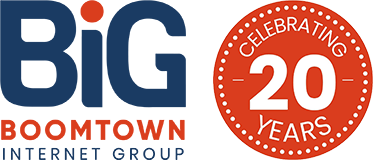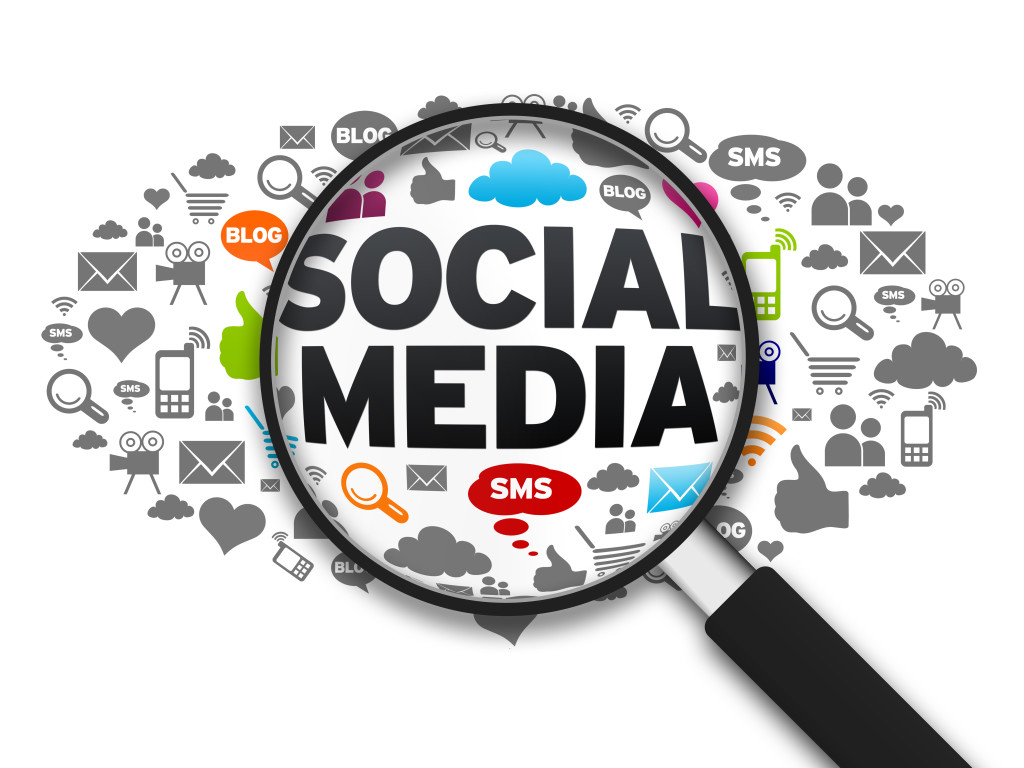Social Media for Connected Healthcare
More than ever, it’s becoming essential for health care providers to include social media in their internet marketing strategy. Approximately 35% of consumers use social media platforms to research health related procedures and information, according to research data presented by “How America Searches”.
Despite the demand for healthcare information and resources, many healthcare marketers aren’t sure how to tap into social media marketing and how it can assist with reaching business goals. In many cases, hospitals and other healthcare organizations avoid social media or proceed slowly with social media plans, despite the fact the majority of their patients are comfortable using social networks to aid in their decisions and research. Social media is an excellent tool for providing awareness and education for many types of information. We believe healthcare organizations should be more open to trying social tools and social media where it plays into business goals and larger objectives.
Facebook is the #1 platform choice of healthcare organizations for interaction with patients and employees.
Facebook is a worthwhile internal and external communication platform for the healthcare industry. Primarily a great way to communicate with employees (as they’ll represent a large percentage of your fan base), a secondary benefit is your page will be visible to friends, family, and followers of your employees. You’ll likely be able to reach local residents who may turn into patients and potential clients. Facebook is an excellent way for organizations with different locations to communicate with each other and the corresponding communities.
Effective SMO Healthcare Strategies: Examples of How Social Media Can Work for Healthcare Professionals
Creating specific pages for focused healthcare ailments is an effective strategy for some healthcare specialists. Many children’s hospitals have started using social media to provide better community education and engagement. It’s advisable to tweet about health, aged care, and other relevant topics. Many hospitals have achieved success with journalists looking to find out more in an interview. Twitter also is helpful for hospitals and health care systems to be aware of what their peers are doing locally and internationally. It can open other professional networks, and provide other “food for thought” and new ideas to put into practice.
Some organizations use QR codes on pamphlets and literature that map out local restaurants, farmer markets, and other health food options. Your local QR code can launch a Google Map area with local markets, hours, and healthy food choices—very popular with local audiences.
Weaving social media into healthcare training can also provide multiple benefits, including providing healthcare trainees with a forum to ask questions and receive answers, receiving immediate trainee feedback, and easily sharing information including videos, images, and slideshows. These can also be shared via Flickr and YouTube.
Almost 70% of journalists now rely on social networks to assist in reporting, compared to 40% in previous years, according to PRWeek. It makes sense for the health care industry to take advantage of these numbers and leverage social media channels for coverage by industry publications and mainstream media. This means sharing information via blogs, microblogs, and forums related to current operations or treatments, medical research, success stories, or other significant achievements or newsworthy events.
In the event of a crisis (natural disaster), hospitals and health care facilities are in most cases involved. Healthcare providers can use social media to reach out to families needing real-time updates that are affected by the crisis—other individuals watching from afar also appreciate this information.
Social media can also help provide accurate medical information for patients. An estimated 75% of patients research medical treatments and information online before or after a doctor visit, according to the HealthCare New Media Conference. Much health related information found on the web is inaccurate and patients can easily be misinformed. By integrating social media into healthcare marketing, your organization can share information regarding medications, treatments, diseases, symptoms, and more. Many social sites also provide forums for patients to share health problems – it’s worthwhile for healthcare providers to participate on these websites.
The benefits associated with social media for healthcare providers are significant. You can improve patient care, gain media coverage, and attract new patients and staff. If your organization has yet to take advantage of social media platforms, now’s the time to start.


